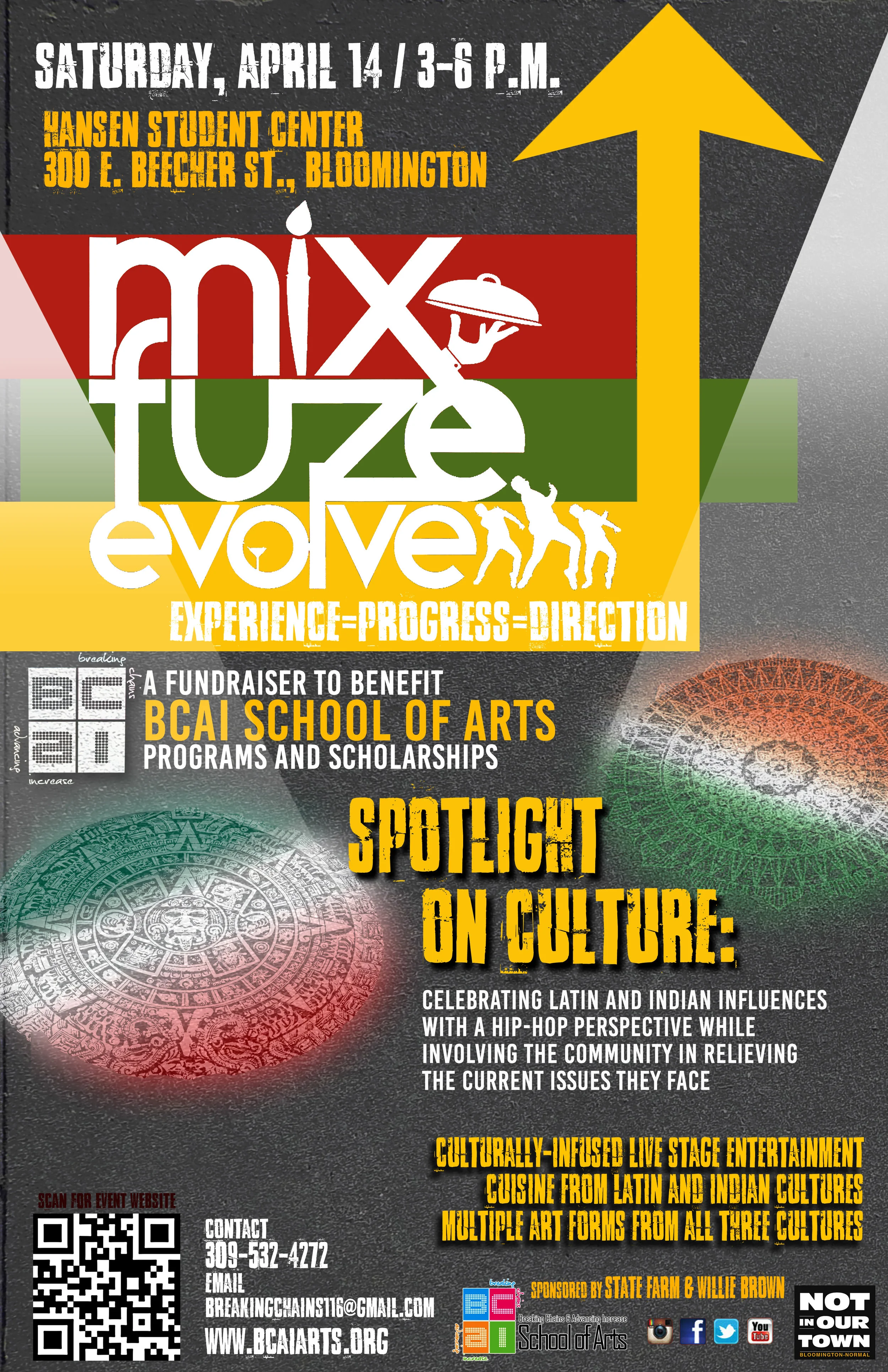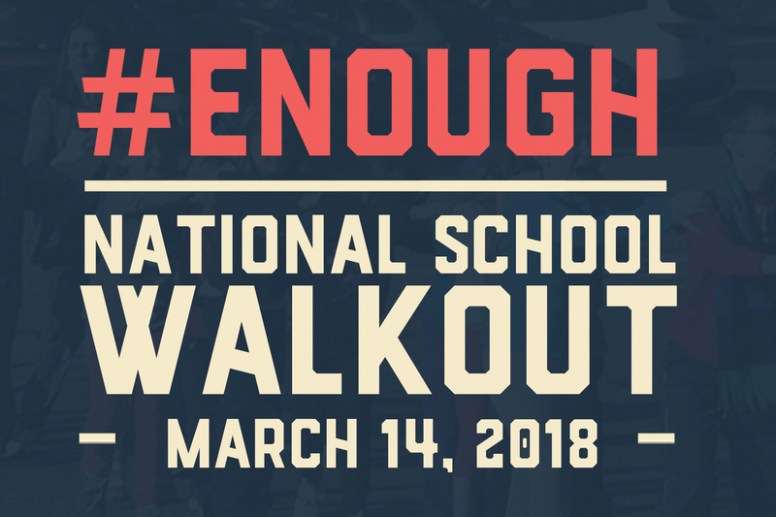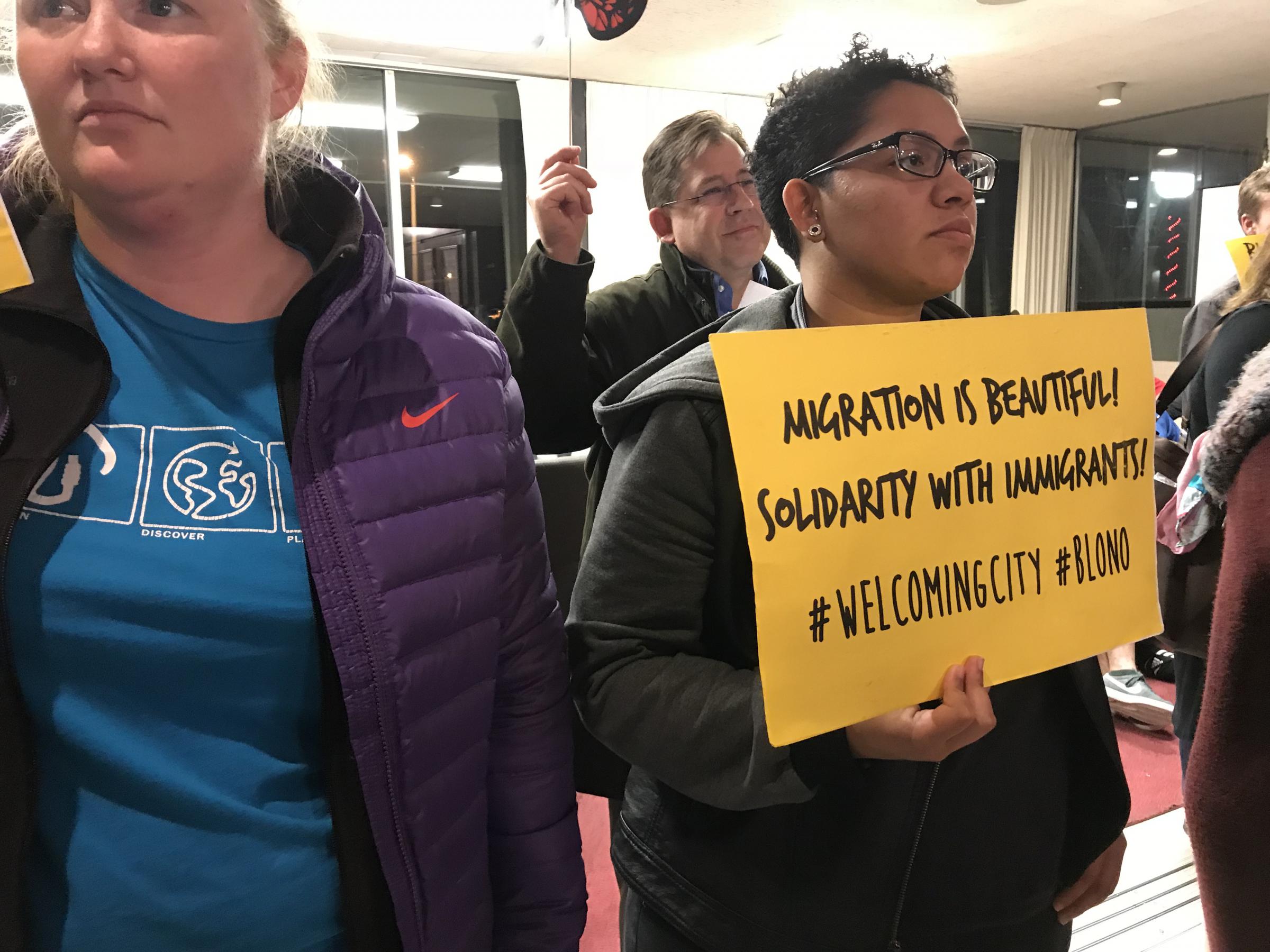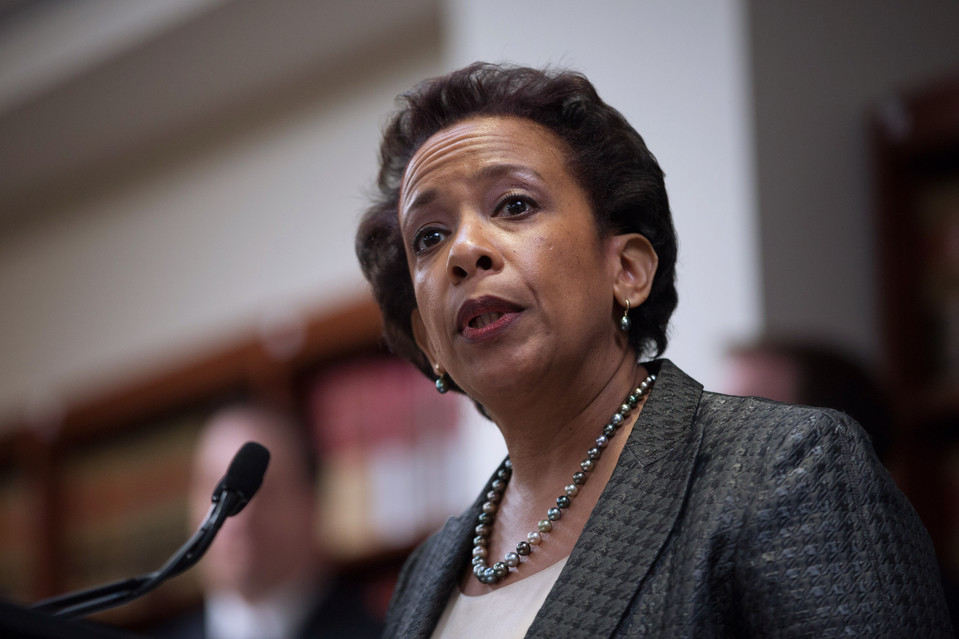Judith Valente
WGLT
When this 21-year-old Illinois State University senior walks anywhere, he says he constantly looks around him to see if there are any law enforcement officers nearby.
“I barely do anything. I try to walk to school very carefully every single time. Even if you get into an accident and it’s not your fault, the police can still pick you up. You can be a victim of a car accident and you would the one sent back (to your home country),” he said.
The young man is one of the undocumented students currently enrolled at Illinois State. The university doesn't keep official statistics on the number of undocumented students; there is no immigration status box that has to be checked for admission. However, those who work with the immigrant student community estimate there are at least 100 at ISU.
For most of those students, the campus is one of the few safe havens they have, said Juliet Lynd, interim director of the Latin American and Latino/a Studies program.
Lynd was one of the organizers of an all-day workshop last Friday that sought to address the legal challenges and threat of deportation those students face.
The workshop at Marriott Conference Center was sponsored by CAUSA, the campus Committee to Assist Undocumented Student Achievement.
Finding Safe Haven
The ISU student came to the U.S. legally from Mexico as a 17-year-old, but his visa is no longer valid. He asked that his name not be used for fear of being reported to Immigration and Customs Enforcement officials.
Lynd said the university campus is one of the few safe havens undocumented students feel they have.
“Having a place where students can go and they know they can find somebody they can trust and get reliable advice” is one of the roles of the university, Lynd said.
“I recently heard the story of student whose parents can’t help her move to campus because they are concerned should they be pulled over on the freeway that they can run into problems,” Lynd added.
Many students experience emotional stress, she said, “Particularly in the current climate—threats of intimidation, deportation concerns, and just anxiety.”
The young man said even when his visa was still valid, “It was so hard to live” as an immigrant.
He could not obtain a driver’s license, and he feared to fill out forms for health insurance.
“When I was still in high school, one single bill that would have been $20 with insurance was like $500 my family had to pay," he said.
Lynd said despite widespread misconceptions, there are few public benefits available to undocumented immigrants.
She said financial aid isn’t available to those students, so CAUSA tries to identify scholarships and other financial resources for the students.
“For you to apply for the most basic benefits from the government, you have papers. We don’t get Social Security, we don’t get Medicaid, or stuff like that," the ISU senior said.
"You live however you can, you get a job and take whatever they pay under the table."
The student said that to obtain a student visa legally, he would have to document that he has access to $40,000 in savings.
"I don't know many middle class families that have that amount in the bank," he said.
Struggle To Survive
The student described his life as a constant struggle to survive. He said he recently was forced to move out of an apartment because his landlord learned he is undocumented.
This week, President Donald Trump and members of Congress began seeking a solution for so-called Dreamers, young people who were brought to this country illegally as children and have grown up here. They number about 800,000 nationwide.
Last year, Trump ended the Obama era policy known as Deferred Action for Childhood Arrivals (DACA), which allowed those young people to remain in the country legally, saying he wanted Congress to address their status.
On Tuesday, a U.S. district judge in San Francisco issued an injunction preventing the federal government from removing the protections for childhood arrivals. However, it remains to be seen how far-reaching the ruling will be.
The ISU senior said he knows of many students who were brought here as children, and remain concerned they may be deported if their DACA status ends.
“You’ve been in this country for so long, you’ve were here since you were so little. Everything you know is this culture and this place,” the student said.
“Then all of a sudden because you don’t have a single paper, you are told you don’t have any rights … you can deported, and when you are sent back, you are sent to country that you don’t know with a language you might not even speak, with no resources.”
Lynd, of the Latin American studies program, said ISU isn’t officially a “sanctuary campus,” which refused to cooperate with immigration authories, but added, “There is a lot of good will on campus and desire to be welcoming and to take measures to show our support of our students."
"In general, the whole atmosphere at ISU is really good," the student said. "Once you get to know each person, it is easier to see all this prejudice is not founded.
The student, who is majoring in Spanish, says he was given a job by an employer who knows of his undocumented status.
"As a single income student trying to survive, I had to find a way," he said. The manager was OK with the situation and he told the owner who was OK with it as long as I am hardworking and honest."
"Access to higher education is a civil rights issue, and everybody deserves the opportunity to work," Lynd said.
The student said he doesn't know what the future will hold for him after graduation. "Getting a job will not be easy," he said. Nor does he hold out much hope he will obtain legal status any time soon.
The system is "all black or white," he said. "You either have papers or you don't."





















